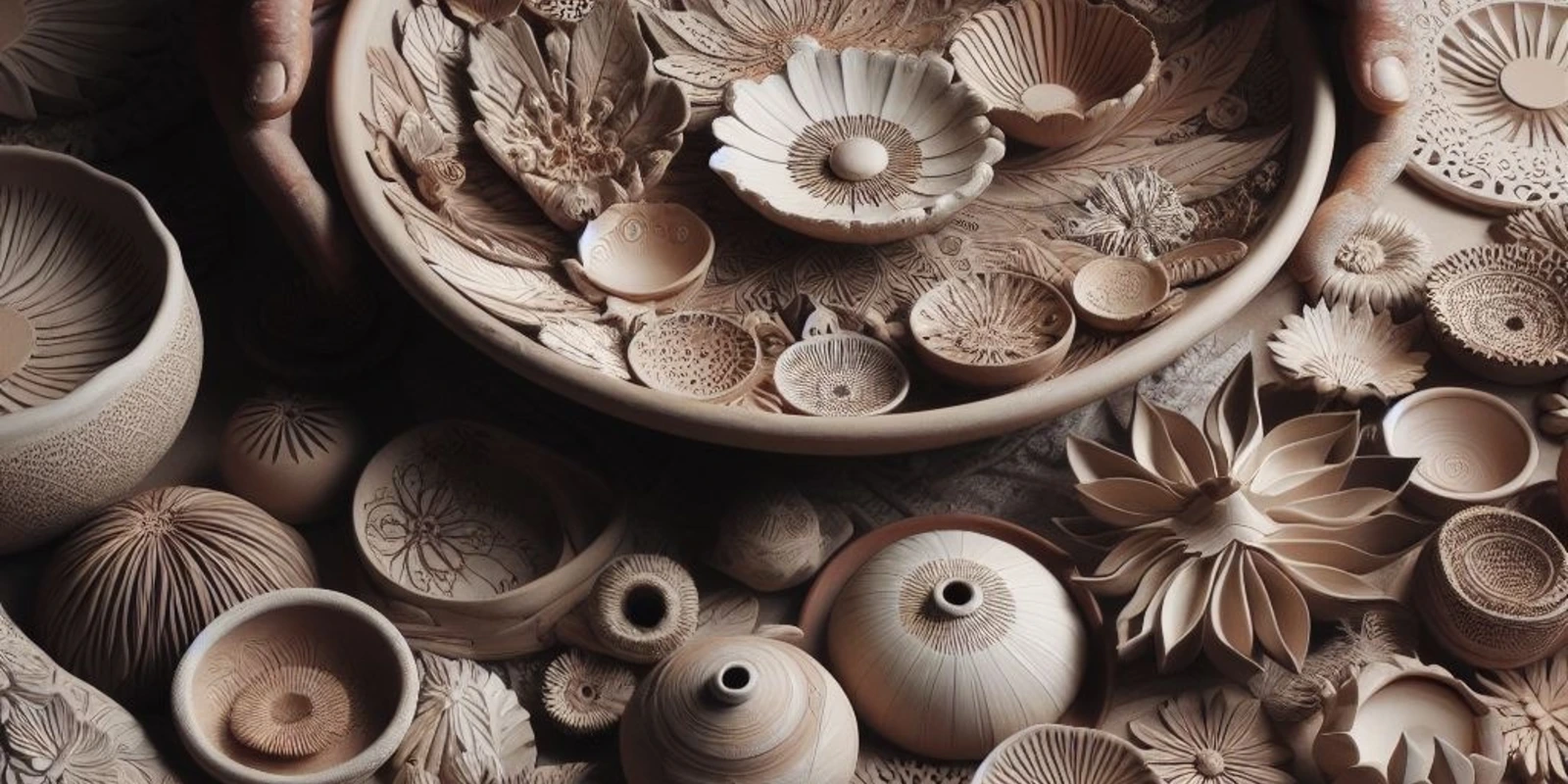
The Ageless Business of Handmade Pottery and Ceramics

The craft of handmade pottery and ceramics holds a timeless appeal, seamlessly blending ancient tradition with modern entrepreneurship. In today's fast-paced, technology-driven world, the art of creating something unique and tangible continues to thrive as a sustainable business model. This article delves into the ageless business of handmade pottery and ceramics, exploring its global market presence and enduring charm.
At the heart of this craft lies the concept of unique artistry. Unlike mass-produced items, each piece of handmade pottery or ceramic is distinct, with its own character and story. This uniqueness is highly prized in a market increasingly saturated with homogeneous products. Artisans and entrepreneurs are capitalizing on this by creating bespoke pieces that cater to a niche market looking for authenticity and craftsmanship.
Another aspect fueling the pottery and ceramics business is the rising interest in sustainable and eco-friendly products. Handmade pottery uses natural materials and traditional processes that appeal to environmentally conscious consumers. Moreover, this sector often supports local economies and small-scale artisans, adding a layer of social responsibility to the consumer's purchase.
Technology, surprisingly, plays a significant role in the resurgence and growth of this ancient craft. E-commerce platforms have opened up global markets for local artisans, enabling them to reach customers beyond their geographic boundaries. Social media platforms like Instagram and Pinterest offer a visual showcase for their work, connecting them with audiences that appreciate and seek out handcrafted items.
One of the challenges facing the pottery and ceramics business is the need to balance tradition with innovation. While it's essential to preserve the traditional methods and aesthetics that give these products their allure, embracing modern design trends and customer preferences can help artisans stay relevant and competitive. This could involve experimenting with new glazing techniques, designs, or even functional elements to appeal to contemporary consumers.
Education and experience play a crucial role in this business. Workshops, courses, and pottery classes have become popular, not only as a means for artisans to diversify their income but also to educate the public about the skill and effort involved in pottery-making. This education fosters a deeper appreciation of the craft and can create a loyal customer base.
Collaborations and partnerships can also be beneficial. Artisans and designers can collaborate to create limited edition pieces, blending traditional pottery techniques with modern design. Moreover, partnerships with local businesses, cafes, and hotels to supply bespoke tableware can open new revenue streams.
Despite the rise in automation and mass production, the demand for handmade pottery and ceramics remains strong. Its appeal lies in the connection it offers to the human touch, the story behind each piece, and the continuation of a rich cultural tradition. For entrepreneurs and artisans in this field, the opportunities are as abundant as their creativity, with a global market eager for their unique, handcrafted creations.







Your insights and experiences enrich our community. Dive into the discussion and share your thoughts with us below!